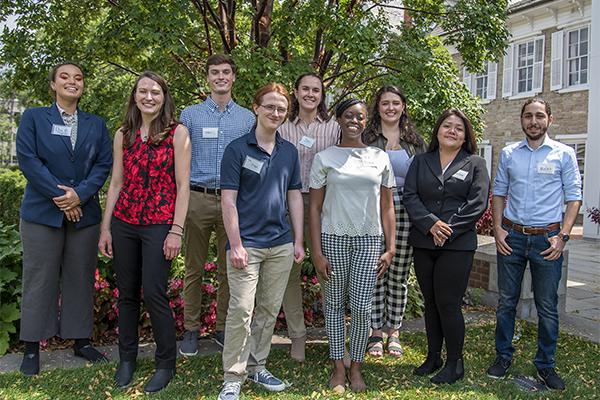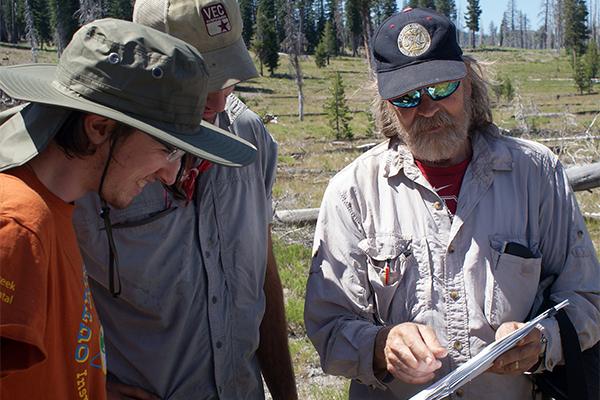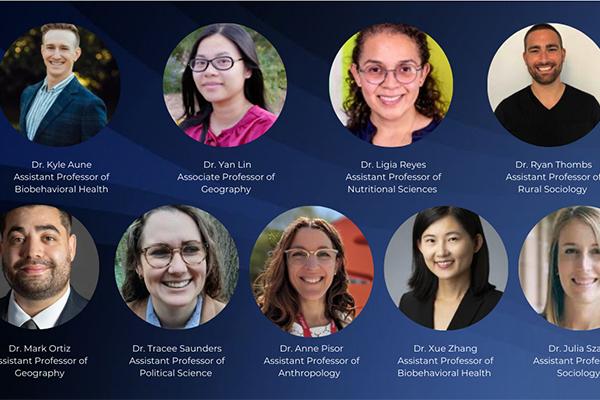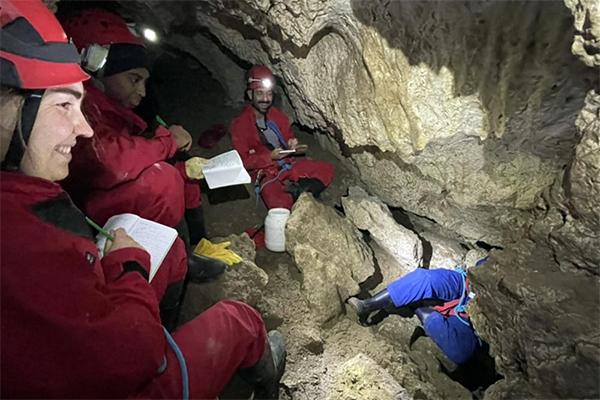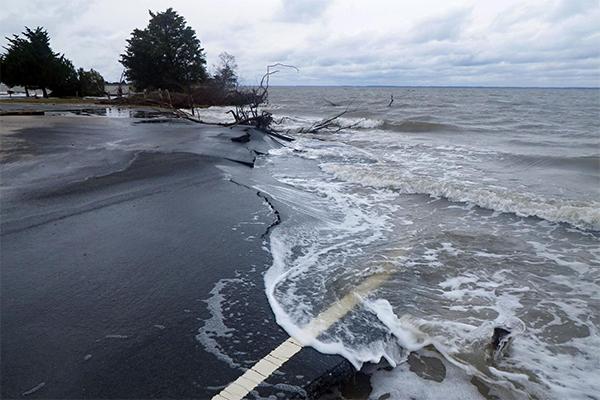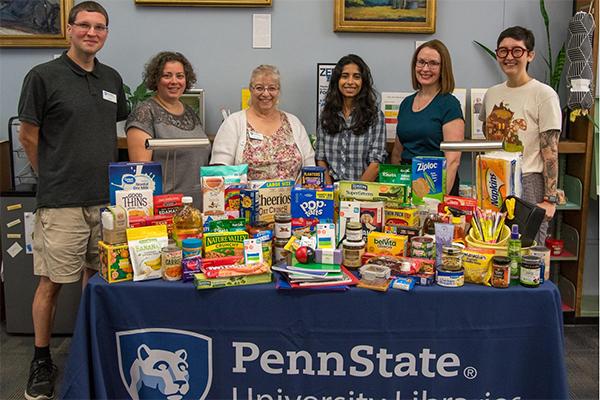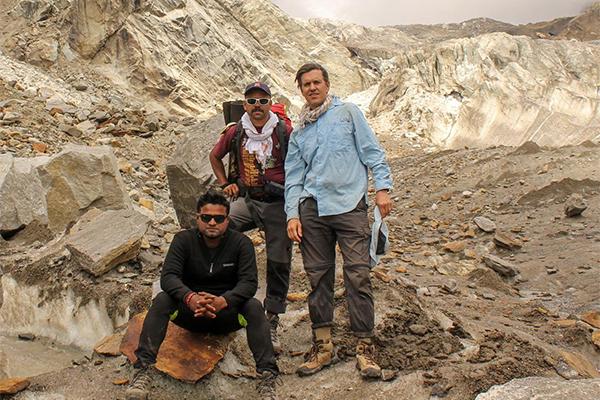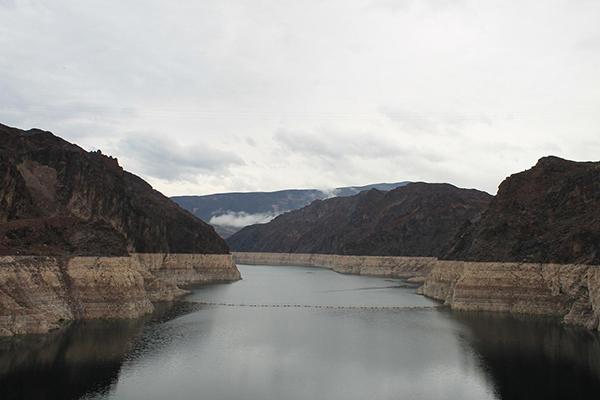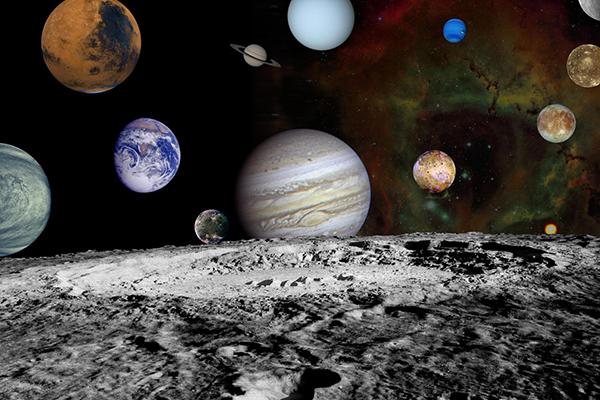Sustainability is a strategic initiative in the College of Earth and Mineral Sciences. Below are the most current stories showcasing our college's sustainability efforts.
Subscribe to the Sustainability News listsesrv
New subscribers can join by sending mail to: L-EMS-SUSTAINABILITY-COUNCIL-NEWS-subscribe-request@lists.psu.edu

News
Eli Vogel, now in the graduate program for environmental science and policy at Johns Hopkins, published results from research conducted with Ken Davis in the journal Carbon Management.
Alan Taylor, a recently retired and now professor emeritus of geography, spent decades researching West Coast landscape and fire ecology. He used ecological signals and human history to paint a picture of how forests changed over time.
LionGlass, a new family of glass engineered by researchers at Penn State, has secured its first corporate partner, a move toward bringing the ecofriendly alternative to standard soda lime silicate glass to market.
The Social Science Research Institute (SSRI) is welcoming nine new co-funded faculty members to Penn State. By helping to support co-funded faculty members, SSRI also supports interdisciplinary research within the social and behavioral sciences.
Department of Geosciences hosted International Geobiology Course, an immersive and interdisciplinary course that explores how microbial life and the Earth have shaped each other.
The topics of climate, energy and severe weather have taken on an increasingly critical role in political campaigns over the past few election cycles. Erica Smithwich talks about the pressing issues surrounding climate and how it may impact voters and their families.
The College of Earth and Mineral Sciences (EMS) collectively gathered 487 items during the second annual “dodge the dumpster” event sponsored by the Fletcher L. Byrom EMS Library Food Pantry and the EMS Sustainability Council.
Christopher Scott has been named an associate director of the Institute of Energy and the Environment (IEE) at Penn State. Scott is a professor in the Department of Ecosystem Science and Management and the Maurice K. Goddard Chair of Forestry and Environmental Conservation.
The Colorado River basin, which supplies water to 40 million people in the Western United States, is threatened by historic drought, a changing climate and water demands from growing cities. One potential response involves encouraging individuals to conserve water, and a new study may help identify those most likely to change their behaviors to contribute, according to scientists.
Given the Earth and Environmental Systems Institute's (EESI) history of understanding the Earth as a system, the spring 2023 EarthTalks speaker series is intended to provide a venue for the expansion of participants' horizons into the solar system.


